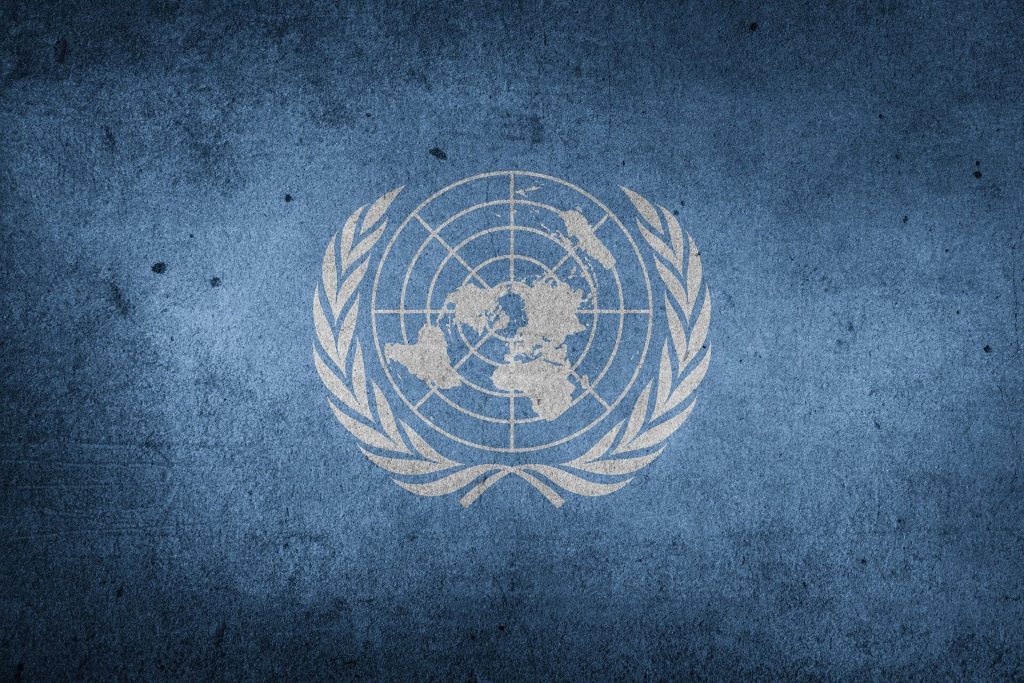Credit: CC0 Public Domain
The latest report into the rights of children in Aotearoa New Zealand has painted a mixed picture of how the country treats young people.
The UN Committee on the Rights of the Child recently published its sixth review into how Aotearoa New Zealand is implementing its obligations under the UN Convention on the Rights of the Child 1989.
The good news is that Aotearoa New Zealand has made progress in the seven years since the last review. But despite decades of warnings, the country is still failing too many of its children and young people, particularly those in state care, living in poverty, with disabilities, and those who end up in the justice system
On the positive side, measures such as establishment of the Ministry for Children (Oranga Tamariki) in 2017, the passing of the Children, Young Persons, and Their Families (Oranga Tamariki) Act 2017, the Child Poverty Reduction Act 2018 and the development of the Child and Youth Wellbeing Strategy 2019 were welcomed by the writers of the report.
Aotearoa New Zealand has also voluntarily implemented the convention’s communications procedure, allowing children to take complaints about rights violations directly to the committee.
A long list of failures
But while Aotearoa New Zealand’s progress was commended, the bulk of the report was devoted to the country’s ongoing failure to fully implement the internationally established rights of young people.
Among the key concerns requiring urgent attention were:
-
the persistent discrimination against children in vulnerable situations
-
the persistent rates of abuse, neglect and violence against children
-
the rights of children in state care and the disproportionate levels of harm experienced by these children
-
the higher levels of risk or violence and abuse that children with disabilities are exposed to, as well as the higher levels of deprivation, poverty and inadequate housing, and the lower levels of enrollment in education or training programs they experience
-
the rates of children living in poverty and experiencing food insecurity, homelessness and unstable or overcrowded housing resulting in poorer health and education outcomes
-
the minimum age of criminal responsibility—just 10 years old in New Zealand—as well as the failure to separate children and adults in detention, the indefinite period for which some young people can be remanded in police custody, and the automatic transfer of young people charged with serious offenses to the adult justice system.
The committee expressed concern at the persistent over-representation of tamariki and rangatahi Māori in most of these areas of key concern. The committee also noted that Pasifika children, LGBTI children and children with disabilities were more likely to be in vulnerable situations.
The issues are not new
Many of these concerns had already been identified in Aotearoa New Zealand’s last report, in 2016. Indeed, many of these issues were a matter of concern when Aotearoa New Zealand first reported to the committee in 1997.
Not only have the committee’s concerns been highlighted in the past, but the report’s findings come from Aotearoa New Zealand’s own data on children.
The committee considered a 2021 report submitted by the Aotearoa New Zealand government, along with other reports from national institutions such as the Children’s Commissioner and non-governmental organizations.
The committee then discussed the state of children’s rights in Aotearoa New Zealand with a government delegation at the UN headquarters in Geneva. The most recent meeting between New Zealand and the committee took place in late January.
Why the review process matters
The UN Convention on the Rights of the Child is an international, legally binding agreement. It has been formally accepted by 196 countries, making it the most widely accepted human rights treaty.
The convention established the UN Committee on the Rights of the Child, a body of 18 independent experts that monitors its implementation in the states that have accepted it.
Regular reporting to the committee is a requirement of the convention. These reviews allow for the nature of children’s rights and states’ obligations to be spelled out.
Over the decades, the reviews have built up a picture of how Aotearoa New Zealand’s children’s rights are violated by discrimination, deprivation and (sometimes deadly) violence. The reviews continually identify what the government must do to prevent these breaches and how to remedy their consequences.
What must the government do now?
A few overarching themes can be identified amongst the dozens of recommendations made by the committee.
Firstly, the convention’s rights and obligations must be incorporated into Aotearoa New Zealand law. Children should also be able to participate meaningfully in the design and implementation of all laws, policies and programs regarding their rights.
Children whose rights have been violated need greater access to more child-friendly complaints mechanisms.
Additionally, more data needs to be collected to create a fuller picture of the situation of all Aotearoa New Zealand children and their rights. More resources also need to be allocated to the protection of children and the national budget needs to more strongly reflect a child rights-based approach.
But perhaps the best place to start is for the government to fulfill one of its obligations and publicize the findings of this latest review, as well as publicizing the fact that children can now complain to the UN when their rights have been violated.
Provided by The Conversation
This article is republished from The Conversation under a Creative Commons license. Read the original article.
Citation: Children can now report rights violations directly to the UN, but Aotearoa New Zealand still needs to do more (2023, February 16) retrieved 10 March 2023 from https://phys.org/news/2023-02-children-rights-violations-aotearoa-zealand.html
This document is subject to copyright. Apart from any fair dealing for the purpose of private study or research, no part may be reproduced without the written permission. The content is provided for information purposes only.

